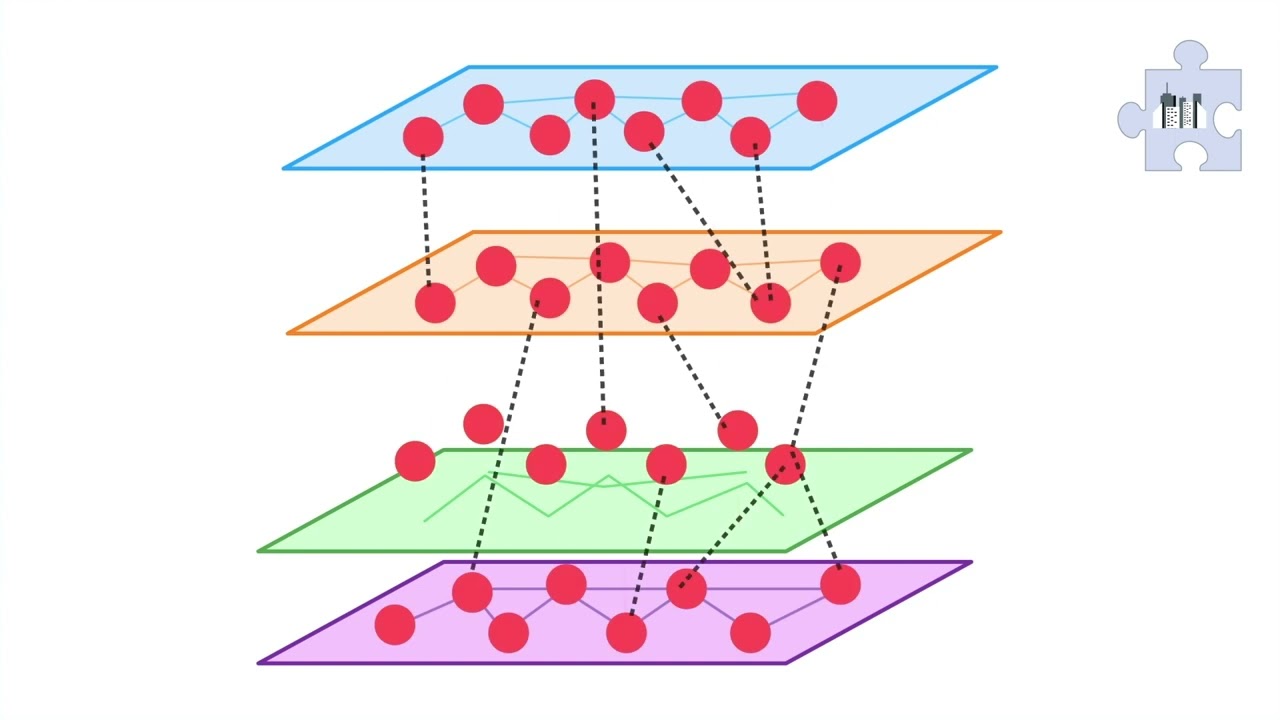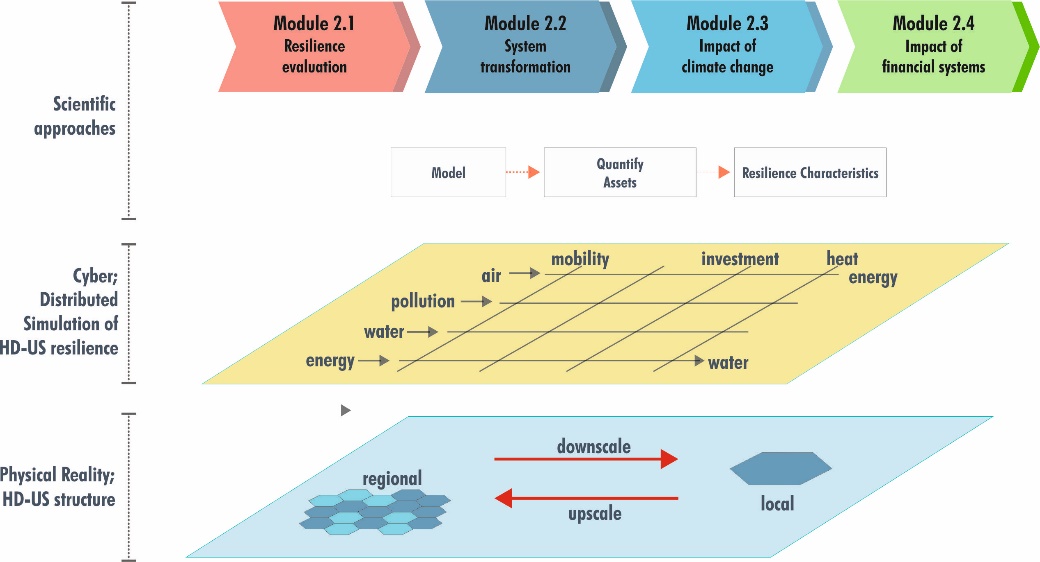Resilience of High-Density Urban Systems

Making high-density urban systems more robust and resilient through design improvements and fostering systemic resilience
With growing population, urbanisation and urban redevelopment, increasing urban densities, and more intense and interdependent flows of energy and resources, making cities more resilient has become increasingly urgent and challenging. This is exacerbated by the speed and magnitude of climate change and exposure to more powerful natural and man-made hazards.
The identification and quantification of a range of uncertainties calls for the novel application of robust optimisation, artificial intelligence, and multi-physics, multi-scale and multi-density modelling of the current state of high-density urban systems and their transformation.
The objective of the “Resilience of High-Density Urban Systems” research cluster is to enable the transformation of high-density urban systems towards resilience, with specific interest in these questions:
- How do technological developments, regulations, urbanisation, and climate change affect the evolution of cities?
- How to design and implement technical interventions, formulate strategic guidelines, and develop public policies to increase the resilience of high-density urban systems?

Expected outcomes
- High-density urban systems are complex socio-technical systems. The research cluster will develop models that not only integrate interdependent technological systems to simulate flows of resources and energy, but also consider wider interactions. These include interactions with economic systems and networks, with nature and climate, and, most importantly, with individual citizens and societal groups.
- The foundational models and enabling technologies developed will improve the understanding and evaluation of the resilience of high-density urban systems in the face of uncertainties. They will allow the design and implementation of changes at the neighbourhood, district, city and government scales, in order to transform these complex socio-technical systems to become more resilient against ambiguous and unexpected hazards in a robust, optimal, and actionable way.
